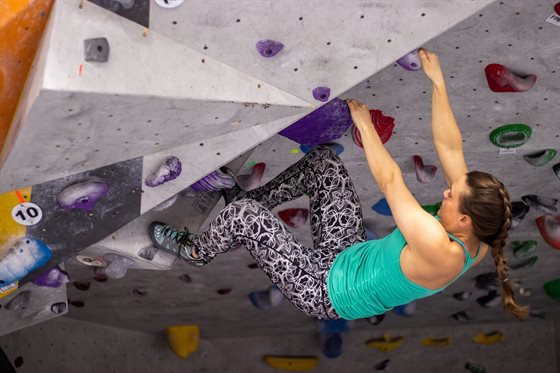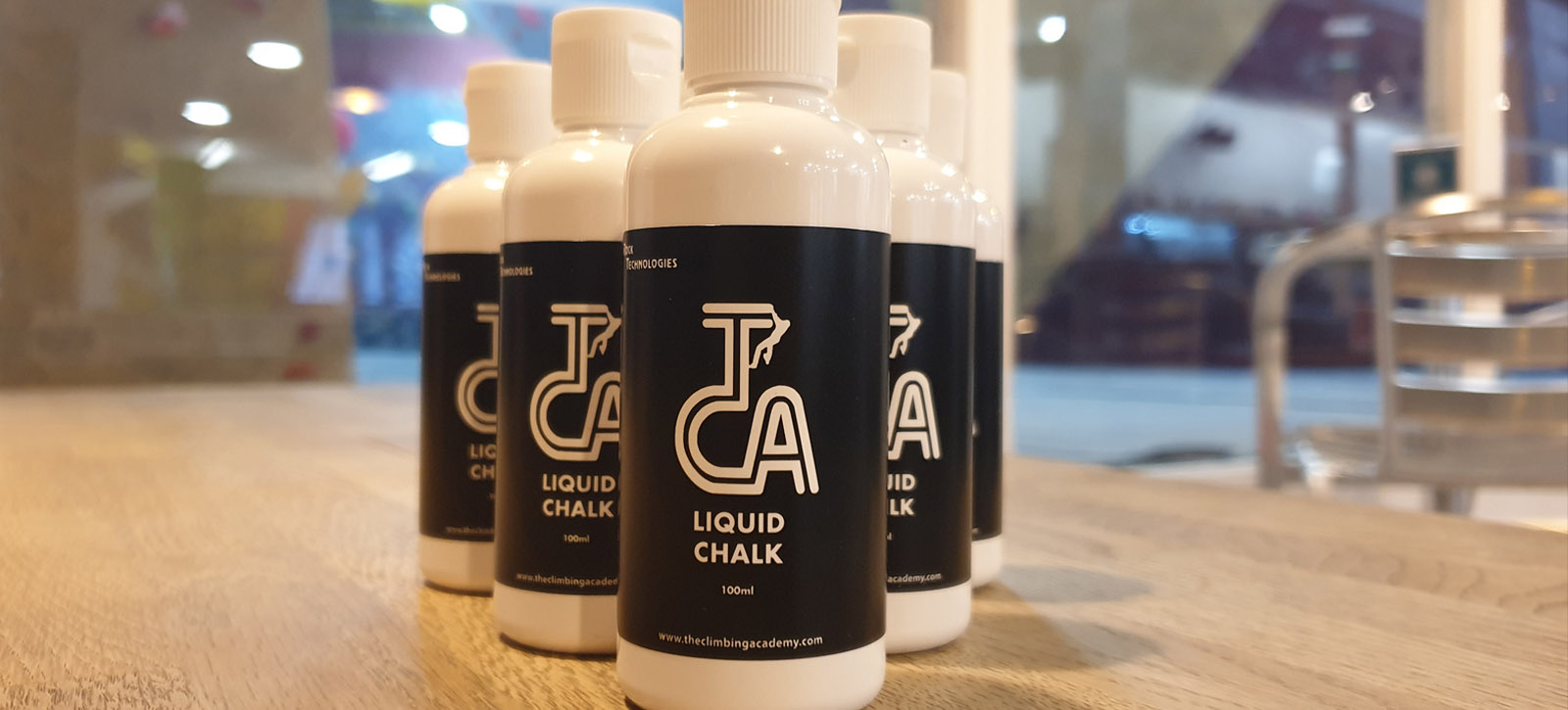09.09.20
Chalk and coronavirus
Climbing wall chalk should not be considered a risk in the transmission of viruses like COVID-19, according to new research by scientists at De Montfort University Leicester (DMU).
Does chalk kill the coronavirus?
In the first study of its kind, virologist Dr Maitreyi Shivkumar worked alongside microbiologist Dr Katie Laird and postdoctoral researcher Dr Lucy Owen to assess whether coronavirus can survive in climbing chalk and if it remains infectious to people.

Photo by Bhargava Marripati on Unsplash
For the experiment, they dusted dry plastic surfaces with different chalks (magnesium carbonate, calcium carbonate, or a blend of the two) and added droplets of a model coronavirus called HCoV-OC43, which has a very similar structure and survival pattern to that of SARS-CoV2 (which causes COVID-19).
Then, over the course of an hour, they recovered the virus from the surfaces at several intervals to inspect the number of infectious virus particles present.
Encouraging results in chalk study
The results showed that within just one minute of the virus coming into contact with the chalk, the number of infectious particles in all of the samples was reduced by more than 99%.
Dr Shivkumar said: “Rather than just looking at whether the virus was still present in the chalk, we wanted to explore if any virus that comes into contact with chalk still posed a risk of infection.
“We are really pleased that the findings of our study suggest that chalk powder inactivates the infectivity of the virus and is therefore unlikely to harbour coronaviruses like SARS-CoV-2.”
Chalk research paper being finalised
Dr Laird, who is the head of the Infectious Disease Research Group at DMU, said the research paper is in the process of being finalised and that she hopes it will be published by the end of the year, following peer review.
“As far as we know there is no other research looking at the survival of coronavirus in climbing chalk,” said Dr Laird.
“The paper will hopefully be published in the coming months but we felt it was important to highlight the positive results now, to offer reassurance to those who want to get back to climbing safely.”
Response from the Association of British Climbing Walls
The research was funded by the Association of British Climbing Walls (ABC), The Warehouse Climbing Centre Gloucester and Lakeland Climbing Centre, who have all welcomed the findings.
“This research, from a world-leading institute, provides strong assurance that coronavirus is unlikely to survive for long on chalky holds or chalky hands,” said Rich Emerson, Chair of the ABC.
“It looks like chalk is a friend and not a foe and this should provide some comfort to any customers who are worried that chalk could harbour the virus. We look forward to the peer review and publication of the study which we know are critical parts of this work.
“It’s also really important that climbing walls do not slow down with their COVID-safe social distancing and hygiene measures that have been agreed with the different UK Government Departments.
“I hope that this pioneering work by DMU will encourage others to conduct their own research into chalk and virus infectivity.”
Originally published by De Montfort University on Thu 3 September 2020.
Social distancing and hand sanitising still essential
Even though this research is promising, adherence to our new safety protocols is essential. In particular continued social distancing as much as possible and regular hand sanitising when you are at the wall and when you are not – will help to keep transmission rates down. Let’s do everything we can to help reduce the spread of this virus that has had devastating effects worldwide.
New TCA liquid chalk available
We have brand new TCA liquid chalk available in centres now. Just ask at reception or in the shop.
£4.75/100ml
Plus 10% discount for passholders.
Here’s Cobra with a quick reminder of how best to use liquid chalk.



